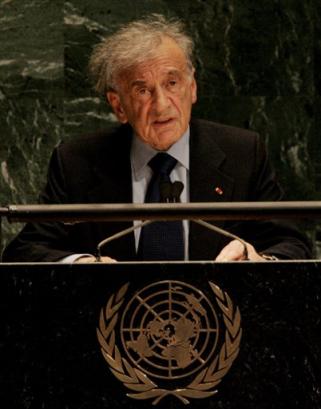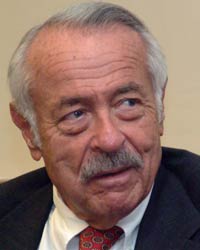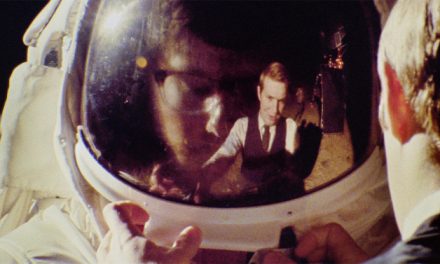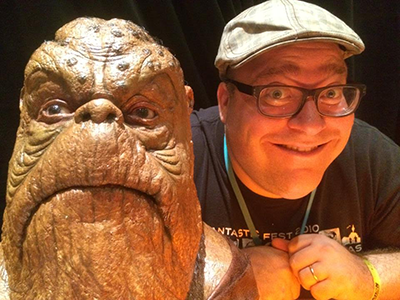

I don’t know what toxic glitch in my chromosomal makeup inspired me to watch this five-hour marathon of mental masturbation, but I will not lie: I loved every word. Not so much because I found the dialogues between Heffner and Wiesel so enlightening (they’re intelligent men, but the conclusions drawn here, albeit well-digested and pithily-phrased, ain’t nothing you won’t hear over a few pints at the pub with a group of literate friends) but because I find the notion of the “public intellectual” so fascinating. And are there two greater of the species? Heffner the hard scrabble New York non-profit broadcaster since the days of thin ties and Lucky Strikes, and Wiesel the Auschwitz chronicler with the Galicia-by-way-of-France accent too troubled by the injustices of the world to ever get a haircut. For ten thirty minute blocks (recorded, I estimate, in 1996, based on the references to Timothy McVeigh and the lack of references to Monica Lewinsky) these two aging men furrowed their brow at each other, sighed, shrugged and made vague conclusions (“I can’t give you a definitive answer” being the most common response to any difficult question) all in a CCNY studio designed like a mid-80s bowling alley. Heffner invariably beginning each question in friendly fashion “But, Elie, help me understand. . .” and Wiesel responding “Dick, my dear friend, you must know. . . ”
I already feel a nostalgia for a time when men like this won’t be with us anymore. I don’t simply mean a broadcaster who survived the depression and interviewed Roy Cohn, nor do I mean a pragmatic humanist with numbers on his arm. Soon there will be a time when the only people you’ll see discussing issues on TV will be the people who play it TV’s way. Shouting snappy comebacks to stupid questions. Even on our beloved NPR — is Terry Gross interviewing the latest Jonathan from Brooklyn with a new novel about comic books anything close to a philosophical inquiry into the nature of man’s struggle for morality? And can anyone out there quote so extemporaneously from so many variegated sources of ancient human traditions?
Well — maybe some of them can. But can they do it with that wonderful accent????









